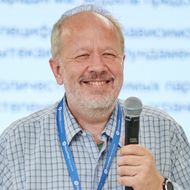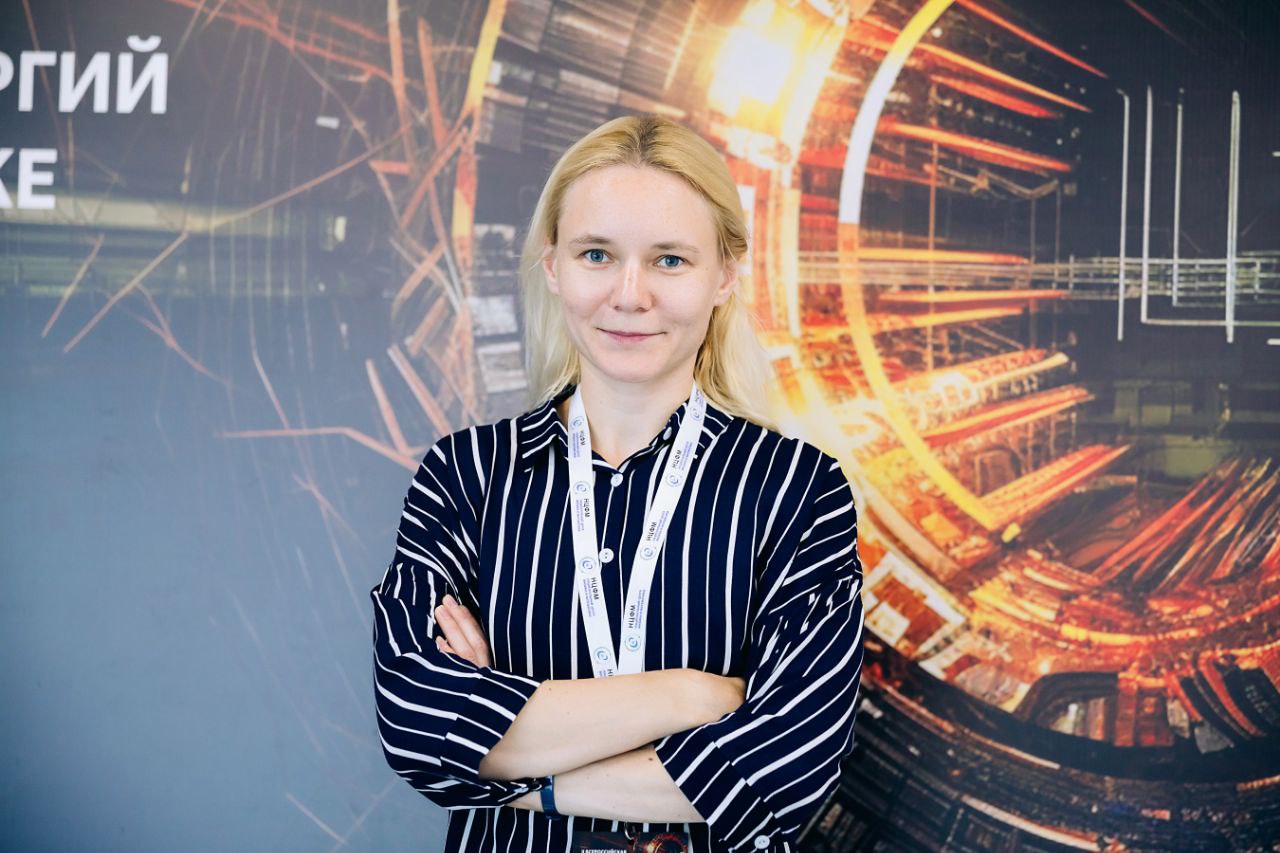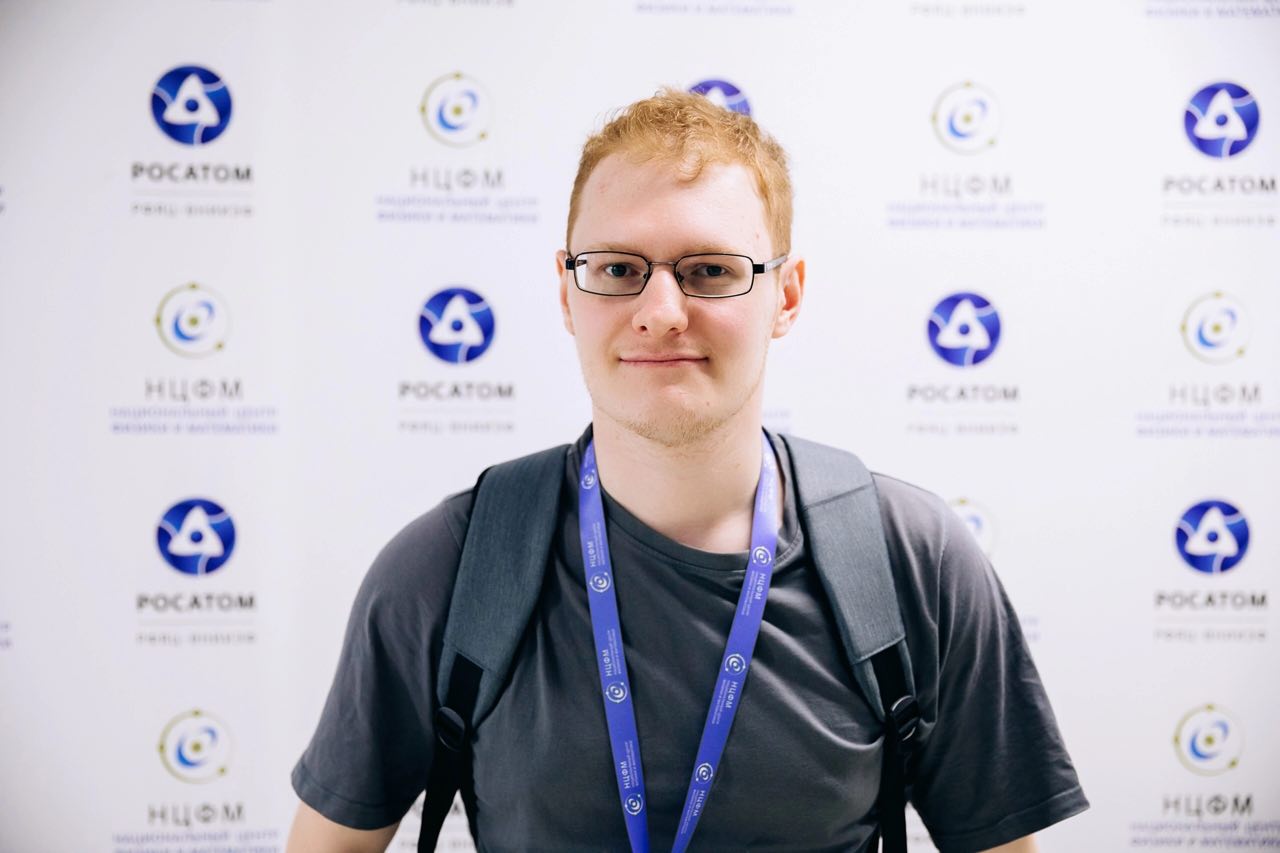At Sarov Technopark, Researchers from HSE Faculty of Computer Science Discussed AI for Data Analysis in Physics
The Laboratory of Methods for Data Analysis of the HSE Faculty of Computer Science, in collaboration with the All-Russian Research Institute of Experimental Physics (RFNC-VNIIEF, Sarov) and the National Centre for Physics and Mathematics, recently held the Second All-Russian School-Seminar on High Energy Physics and Accelerator Technology.
The school was combined with the 24th Kharitonov Thematic Scientific Readings on accelerator technology and high-energy physics.
The sessions were attended by approximately 100 undergraduate and doctoral students from Russian universities and research institutions. Scientists from Russia and China discussed various methodologies for acquiring and processing data. A team of HSE researchers led by Fedor Ratnikov, Leading Research Fellow at the HSE Laboratory of Methods for Big Data Analysis (LAMBDA), taught a mini-course on machine learning methods and their application in particle physics.

Fedor Ratnikov
The primary approach for analysing data from physical instruments involves the use of machine learning methods. When it comes to megascience-class instruments, there is no substitute for ML methods, given their unparalleled speed and efficiency.
LAMBDA researchers Vladimir Bocharnikov, Ekaterina Trofimova and Tigran Ramazyan prepared and conducted practical classes. 'The speed of learning was particularly remarkable: within a brief period, participants not only grasped the fundamentals but also mastered the practical aspects of machine learning which they needed for completing the assignments of the final competition', according to Trofimova,sharing her impressions from the sessions.
Denis Derkach, Head of LAMBDA, introduced the students to some of the diverse machine learning methods suitable for modelling the responses from physical detectors. He noted that the computing resources had been provided by the Yandex Cloud platform.

Denis Derkach
According to Derkach, 'with the help of Yandex DataSphere, an end-to-end ML development environment, it was possible to organise simultaneous training for a large number of participants. Colleagues from Yandex helped both students and trainers to quickly learn how to navigate this new-to-them system. Our team plans to continue this collaboration and to hold a similar school next year'.

Anna Lemyakina
'Sustaining an ongoing dialogue with an audience made up of students, scientists, and researchers is essential for us. Our aim is to enable students, right from their academic years, to access and use the cloud platform's services for addressing real-world practical challenges, and we also want feedback to enhance the platform further', according to Anna Lemyakina, Director for National and Strategic Projects at Yandex Cloud.
The summer school participants shared their feedback as well.
Evgenia Ruleva, engineer at RFNC-VNIIEF

'The lectures by Fedor Ratnikov and the practical classes with Ekaterina Trofimova came as a pleasant surprise. This has been an exceptionally engaging and intensive course, offering us the chance to ask questions, get feedback, and acquire practical skills first-hand. Thanks to the entire team for this impressive start! I will continue studying machine learning'.
Denis Grigorovich, doctoral student at MEPHI

'While it is hardly possible to fully master a machine learning course within a mere four days, many concepts have become clear to me thanks to these easy-to-understand lectures and seminars. Most notably, my exceptional colleagues from HSE have been able, within a brief timeframe, to spark our interest and inspire us to explore the realm of machine learning independently'.

